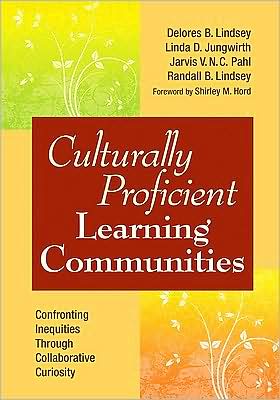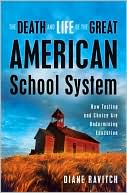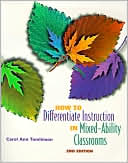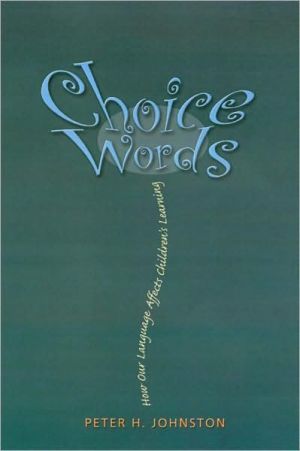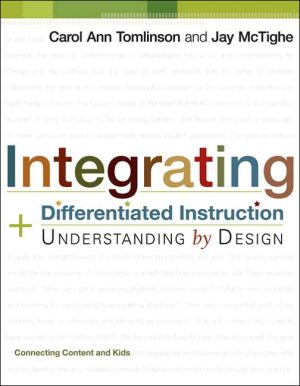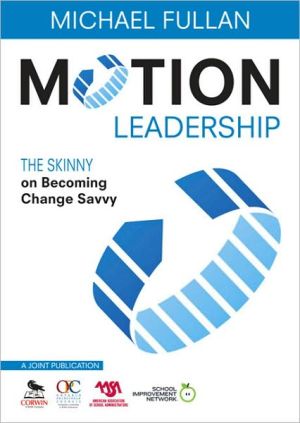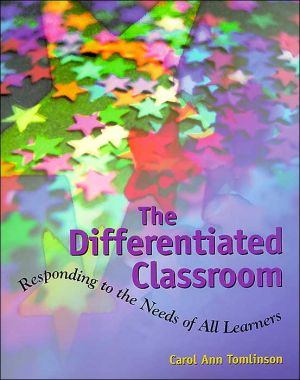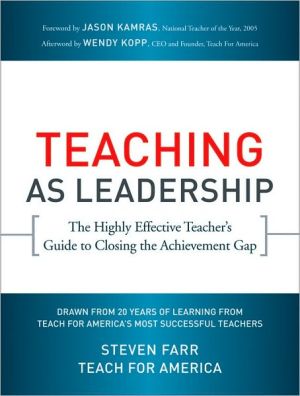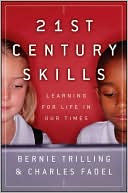Culturally Proficient Learning Communities: Confronting Inequities Through Collaborative Curiosity
Integrating the four Tools of Cultural Proficiency with the PLC framework, this guide provides school leaders with practical strategies for building equity-focused PLCs to help all students achieve.
Search in google:
Integrating the four Tools of Cultural Proficiency with the PLC framework, this guide provides school leaders with practical strategies for building equity-focused PLCs to help all students achieve.
Foreword by Shirley M. Hord Preface Acknowledgments About the Authors Part 1. Getting Centered1. Getting Centered With the Tools of Cultural Proficiency2. Getting Centered With Our History3. Getting Centered: The Evolution of Learning Communities Part 2. Voices From the Field4. Maple View: Sustaining a Culturally Proficient Learning Community5. Assessing Cultural Knowledge Through Shared Personal Practice6. Valuing Diversity Is a Reflection of Shared Beliefs, Values, and Vision7. Managing the Dynamics of Difference Through Collaboration8. Adapting to Diversity Through Supportive and Shared Conditions9. Institutionalizing Cultural Knowledge Through Collective Learning Part 3. Call to Action: Disturb the System Through Curiosity and Inquiry10. Aligning Our Behaviors With Our Values References Index
\ Teaching Tolerance magazine"A book that encourages educators to examine their practices by asking tough questions and providing a road map for collaborative inquiry in straightforward, accessible language."\ \ \ \ \ Duncan De Bruhl"From the very first word, this book provokes thinking and cultural responsibility for educating one’s self and others. The collaboration of the authors and their collective knowledge and experiences both challenge and celebrate every culture’s contribution for every student’s success. The focus on student achievement through the development of cultural proficiency is imperative to creating a community of learners where all students perform at levels higher than before. The end results will not only create culturally proficient educators, but also culturally proficient learning communities that promote and foster global education, collaboration for lifelong learning, and world citizenship."\ \ \ Sylvia Roberts"This groundbreaking publication is unrivaled in its explication of the role of cultural awareness in ensuring equity for the diverse groups in a school community. The authors deftly provide a treasure trove of tools and ideas that can give direction to educators who seek to support the varied cultures served in their schools. The volume is indispensible for leaders of learning community schools."\ \ \ \ \ Stacie Stanley"Culturally Proficient Learning Communities challenges the paradigm of the current PLC structure. This book brings in a crucial tenet that until now has been left out of the PLC discussion: a willingness to have deeper conversations about issues of equity and access. The new framework is sure to stretch educators as they begin the process of using an inside-out approach to examine personal cultural norms and the way the norms impact leadership and instructional practices."\ \ \ \ \ Jean M. Rogers"This book is an affirmation of the combined experiences of the valiant authors and their commitment to the process of positive change within the educational system. This is truly a book that can be used in any school in America, and should be read by every administrator whose vocabulary includes the word 'diversity.'"\ \ \ \ \ Timothy A. Bias"Cultural proficiency challenges learning communities to go even deeper when inquiring about student barriers to success. This perspective is necessary to truly address the achievement and expectation gaps in our schools. Before we ask ourselves why our students are not succeeding, we mustexamine and understandour own perceptions and assumptions about them."\ \ \ \ \ Rose Owens-West"In many schools, professional learning communities are being established to enhance collaboration and communication among faculty. Many of these learning communities are focused on improving teaching and learning, but they continue to struggle to raise achievement for all of their students. This new book challenges professional learning communities to advance to the next level—to tackle the hard issues of diversity in the school setting. In a thoughtful and engaging style, the authors provide guidance for school faculties to close achievement gaps."\ \ \ \ \ Leloba Molema"This book asks two questions: What does it take to ensure that all students perform at higher levels than ever before? And what does it take to shake up our own thinking as educators, administrators, and parents in our communities to ensure that all students achieve these high levels of performance in a sustained manner? Whether we are Americans or Africans, answering these questions requires nothing less than that we turn our educational systems as well as ourselves inside out."\ \ \ \ \ Luis R. Valentino"The authors help us to understand that a professional learning community is not an activity, but a way of being with others as co-learners. This guide includes valuable protocols and activities, as well as real-world scenarios that encourage reflection and allow us as school leaders to construct our own understandings. From the outset, we are gently coached to examine our core beliefs and how they frame our purpose as educators. This reflective process allows us to develop the skills necessary to lead school teams toward cultural proficiency."\ \ \ \ \ Teaching Tolerance Magazine"A book that encourages educators to examine their practices by asking tough questions and providing a road map for collaborative inquiry in straightforward, accessible language. "\ \
